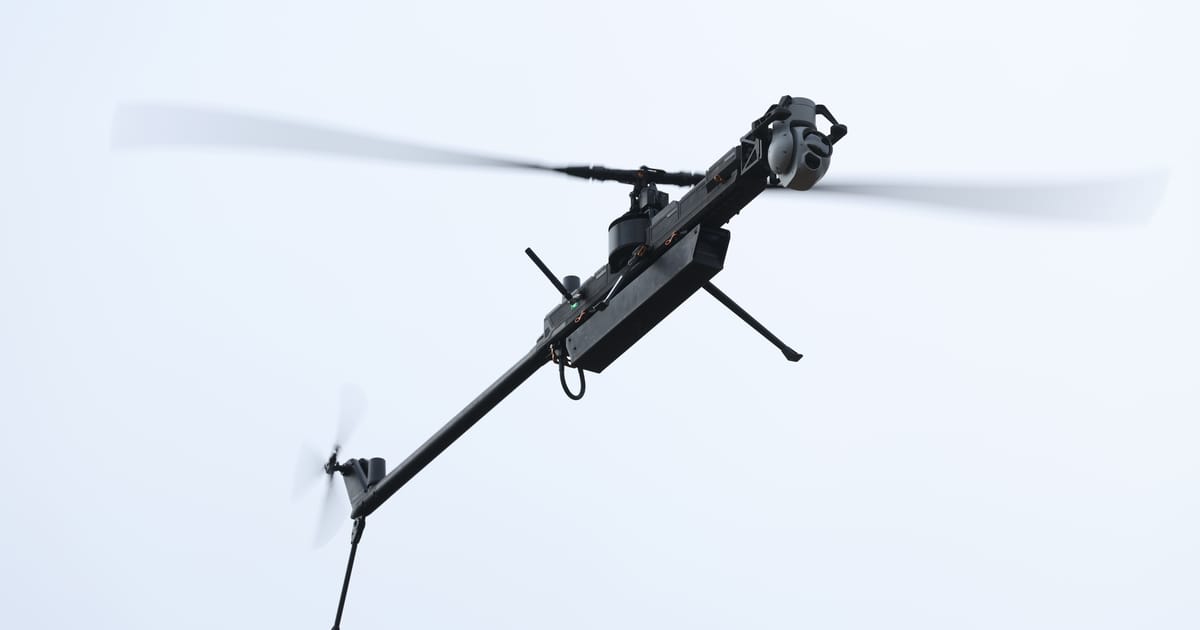

In a rapidly evolving technological landscape, artificial intelligence (AI) has emerged as a pivotal force driving change across various sectors, from defense and business to humanitarian issues. This week, several significant events underscore AI’s transformative power, affecting different spheres of life with intriguing implications.
The defense industry is witnessing a quiet yet influential shift as Anduril, a U.S.-based defense technology company known for its pioneering AI systems, intensifies its efforts to expand into the United Kingdom. Positioned as a “defense disruptor,” Anduril is gaining traction through strategic lobbying activities. Their focus on AI-enabled weapons systems heralds a new era in military partnerships between the U.S. and the U.K., reflecting a collaborative spirit aimed at enhancing national security through innovative technology. This development indicates a broader trend of AI integration within military operations, poised to redefine defense strategies worldwide.
Meanwhile, in the arena of political and human rights discourse, former President Donald Trump has once again stirred the waters with a new executive order targeting AI applications in government use. This directive seeks to prohibit the use of AI models that align with “woke” ideologies, while simultaneously indicating a relaxation of copyright concerns for tech industries. By advocating against what he perceives as restrictive intellectual property laws, the order encourages a more open use of AI, fostering innovation yet raising ethical debates about the balance between creators’ rights and technological advancement.
This thematic thread of AI’s influence extends into the realm of corporate success, exemplified by Google’s recent financial performance. Celebrating a robust quarter bolstered by AI, Google reported earnings that surpassed market expectations. The firm’s strategic investments in AI technologies underpin substantial growth across sectors such as search, YouTube, and cloud services, showcasing the economic potential unlocked by AI innovation. Google’s success story is a testament to how strategic foresight and technological advancement can converge to deliver outstanding economic outcomes, setting a benchmark for other companies within the tech industry.
However, the application of AI and associated policies does not occur in a vacuum; it intertwines with deeply human narratives. The current political climate around immigration in the U.S. brings to the fore poignant stories like that of Zia, an Afghan interpreter who assisted American troops during the Afghanistan conflict. Despite abiding meticulously by immigration protocols, Zia’s unexpected detention has sparked vociferous advocacy efforts for his release, reflecting on broader humanitarian and ethical challenges in policy implementation.
This multifaceted scenario underscores how AI and technology can impact both societal well-being and individual lives, prompting crucial discussions about ethical governance and the responsibilities that accompany technological capabilities. As AI continues to redefine sectors ranging from defense to commerce and human rights, its deployment necessitates a thoughtful consideration of its broader societal implications.
Amidst the excitement around technological gains, these narratives collectively remind us of the nuanced balance between innovation and oversight, urging mindfulness as we navigate this new technological epoch. These developments illustrate both the potential and the responsibility that comes with leveraging AI, underscoring the imperative for thoughtful stewardship in its application across domains.
Source: {link}
